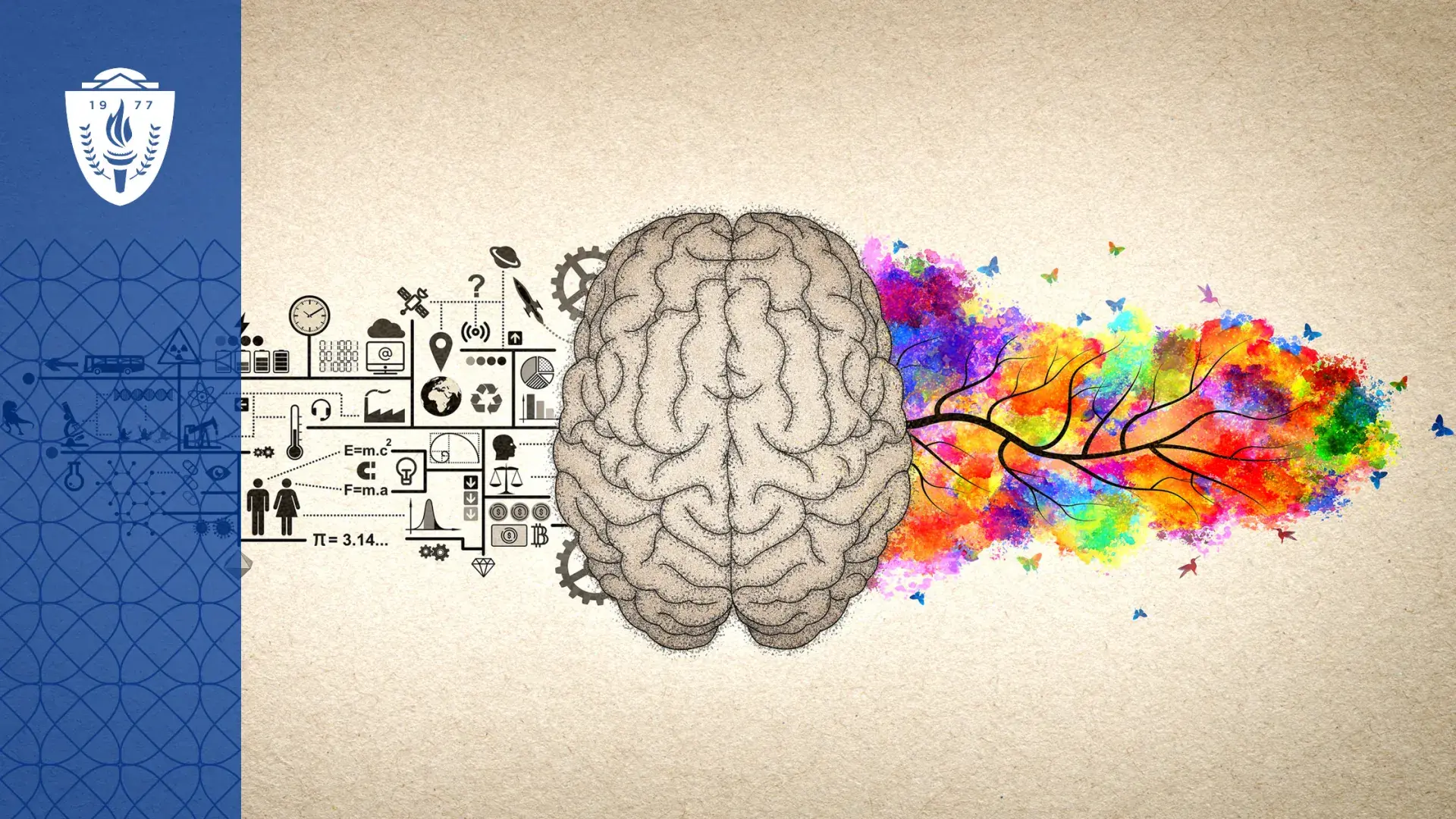
In health professions and medical education, simulation-based training has become an invaluable tool for developing clinical skills and decision-making abilities. However, the role of emotional intelligence (EI) in this context is often overlooked. Emotional intelligence, defined as the ability to recognize, understand, and manage our own emotions and the emotions of others, plays a crucial role in enhancing the effectiveness of simulation education.
The Importance of Emotional Intelligence in Simulation
Simulation education provides a safe and controlled environment where health professions trainees can practice procedures, make decisions, and experience the consequences of their actions without risking patient safety. While technical, teamwork, and clinical decision-making skills are the primary focus, the emotional aspects of learning and performance are equally important. Emotional intelligence helps learners navigate the emotional challenges they encounter during simulations, such as stress, anxiety, and frustration.
Research has shown that high levels of emotional intelligence can improve communication, teamwork, and leadership skills, all of which are essential in healthcare settings. By incorporating emotional intelligence into simulation training, educators can help trainees develop these critical skills alongside their clinical competencies.
Emotional Intelligence in Action
One of the key components of emotional intelligence is self-awareness, which involves recognizing and understanding one's own emotions. In simulation education, self-awareness allows trainees to identify their emotional responses to different scenarios and reflect on how these emotions impact their performance. For example, a trainee who becomes anxious during a high-stakes simulation might struggle to make clear decisions. By recognizing this anxiety, the trainee can develop strategies to manage it.
Another important aspect of emotional intelligence is self-regulation, or the ability to manage one's emotions in a healthy and productive way. In the context of simulation education, self-regulation helps trainees maintain composure under pressure and respond to challenges with resilience. This is particularly important in healthcare, where professionals often face high-stress situations that require quick thinking and calm decision-making.
Empathy, the ability to understand and share the feelings of others, is also a crucial component of emotional intelligence. In simulation education, empathy allows trainees to better understand the perspectives of patients and colleagues, leading to more effective communication, teamwork, and collaboration. For instance, a trainee who can empathize with a patient's fear and anxiety is more likely to provide compassionate care and build trust.
Strategies for Integrating Emotional Intelligence into Simulation Education
To effectively integrate emotional intelligence into simulation education, educators can employ several strategies:
- Incorporate Emotional Scenarios: Design and prepare learners for simulations that include emotionally charged scenarios, such as delivering bad news to a patient or managing a conflict with a colleague. These scenarios provide opportunities for trainees to practice emotional intelligence skills in a realistic context.
- Debriefing Sessions: After each simulation, conduct debriefing sessions that focus not only on technical, teamwork, and clinical performance but also on emotional experiences and management of self and others. Encourage trainees to reflect on their own and others’ emotions, how they managed (or did not manage) them, and explore ways to improve their own and others emotional responses in future scenarios.
- Emotional Intelligence Training: Offer workshops or training sessions specifically focused on developing emotional intelligence skills. These sessions can include activities such as role-playing, mindfulness exercises, and discussions on emotional regulation techniques.
- Feedback and Coaching: Provide individualized feedback and coaching on emotional intelligence during simulations. Highlight instances where trainees demonstrated strong emotional intelligence and offer constructive suggestions for improvement.
In conclusion, emotional intelligence is becoming recognized as a vital component of effective simulation education. By recognizing and managing their own emotions and understanding the emotions of others, medical trainees can enhance their learning and performance in simulation-based training. Integrating emotional intelligence into simulation education not only improves technical skills but also fosters the development of compassionate, resilient, and effective healthcare professionals.
Incorporating emotional intelligence into simulation education is not just an added benefit; it is essential for preparing medical trainees to navigate the complex emotional landscape of healthcare. By fostering a culture of emotional awareness and regulation, educators can help trainees become not only skilled clinicians but also empathetic and emotionally intelligent professionals. Several doctoral students at MGH Institute are conducting research in this area. Watch for reports on this in future blogs.
Reference Material:
Epp, H., Adair White, B. A., Kardong-Edgren, S. E., & Charnetski, M. (2025, January). Keep calm and debrief: The art of debriefing with emotional intelligence. Workshop presented at the 25th International Meeting on Simulation in Healthcare (IMSH 2025), San Diego, CA.
Epp, H., Adair White, B. A., Kardong-Edgren, S. E., & Charnetski, M. (2024, September 26). The surprising truth about emotional intelligence in clinical simulation debriefing. [Invited presentation]. Healthysimulation.com. https://www.healthysimulation.com/webinars/emotional-intelligence-healthcare-simulation-debriefing/
Advances in Simulation, "A scoping review of emotions and related constructs in simulation-based education research articles," 2023.



